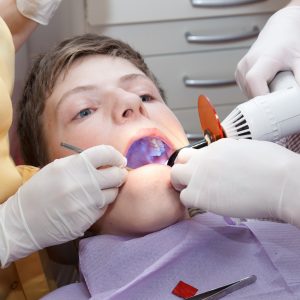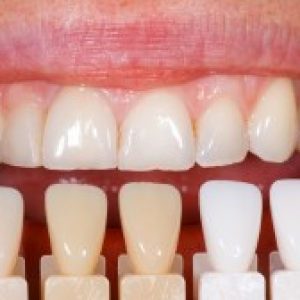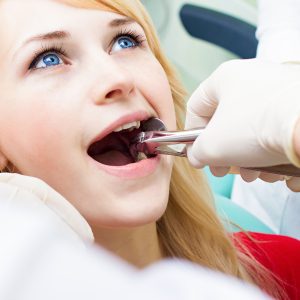Stress Has Adverse Effects on Oral Health
 Stress is known to cause headaches and stomachaches. Stress will also adversely affect oral health in a big way.
Stress is known to cause headaches and stomachaches. Stress will also adversely affect oral health in a big way.
Key takeaways:
- Foul mood caused by stress may cause people to skip routine oral healthcare tasks such as brushing and flossing. Stress also causes poor eating habits that lead to poor oral health.
- Stress causes cold sores and mouth ulcers since it leads to compromised immunity.
- Teeth grinding is closely associated with stress and will cause damage to teeth.
Read the full story here
www.webmd.boots.com/oral-health/guide/how-stress-affects-your-oral-health

 Dental implants can be used to replace a single tooth, several teeth, or all of the teeth. If you?ve worn dentures, a dental implant can make those dentures more secure ? so they become like your natural teeth.
Dental implants can be used to replace a single tooth, several teeth, or all of the teeth. If you?ve worn dentures, a dental implant can make those dentures more secure ? so they become like your natural teeth. Dental health is a factor that contributes to good overall health. Brushing and flossing teeth to get rid of plaque will have far-reaching benefits to the heart, research shows.
Dental health is a factor that contributes to good overall health. Brushing and flossing teeth to get rid of plaque will have far-reaching benefits to the heart, research shows. Halloween is a time when great damage to the teeth may happen since children overindulge in snack and sweets.
Halloween is a time when great damage to the teeth may happen since children overindulge in snack and sweets. Dental sealants are recommended for all children to prevent the onset of cavities. School-based dental sealant programs have been started to ensure all children get them.
Dental sealants are recommended for all children to prevent the onset of cavities. School-based dental sealant programs have been started to ensure all children get them. Cavities are not the only cause of discomfort.�Misalignment of the jaws may cause tooth pain since it is linked to clenching.
Cavities are not the only cause of discomfort.�Misalignment of the jaws may cause tooth pain since it is linked to clenching. If your teeth have a few flaws ? a crooked or chipped tooth, or discoloured, or maybe upper teeth that are a bit too long? Your dentist can help correct these problems, and give you a smile makeover. In some cases, dental veneers are the perfect solution.
If your teeth have a few flaws ? a crooked or chipped tooth, or discoloured, or maybe upper teeth that are a bit too long? Your dentist can help correct these problems, and give you a smile makeover. In some cases, dental veneers are the perfect solution.





